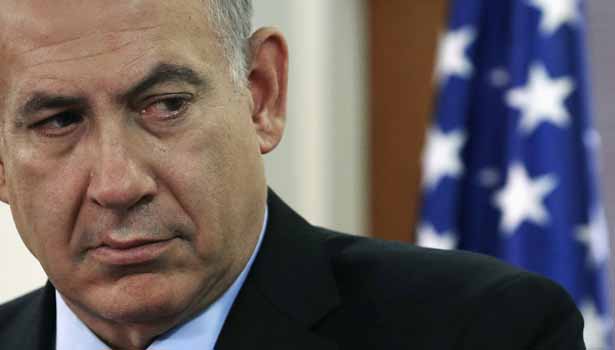Egyptian security sources tell the Middle East Newsline that Hezbollah sleeper cells have been active in Egypt since the summer of 2005.
The Hezbollah network contained more than 100 people, located in Alexandria, Cairo and El Arish, among other Egyptian cities.
The network contained at least 25 Hezbollah operatives who are believed to have been sheltered by Bedouins in the central part of the Sinai Peninsula.
These sleeper cells worked with the Iranian Revolutionary Guard Corps to use Cairo as well as the Sinai Peninsula to transfer funds, weapons, instructions and recruits to Gaza.
AdSys ad not found for top_stories/bullet_points:instory –>
“Iran and Iran’s followers want Egypt to become a maid of honor for the crowned Iranian queen when she enters the Middle East,” Egyptian Foreign Minister Ahmed Abu al-Gheit said.
Sami Shihab, a reputed Hezbollah sleeper cell chief who was captured this month, has provided the details of the Hezbollah network in Egypt.
Mr. Shihab, a Lebanese national whose real name is Mustafa Mohammed Yusef Mansour, was said to have told Egyptian interrogators that Hezbollah had prepared a series of attacks on Israeli and other foreign targets in the Sinai.
“Elements of the cell monitored tourist sites in [Sinai’s] Taba, Sharm el-Sheikh, Dahab and Nueiba to conduct operations against Israeli tourists and visitors,” Mr. Shihab was quoted as having told interrogators. “They monitored Israeli ships moving through the Suez Canal.”
A Hezbollah commander, Mohammed Qublan, was assigned the mission to establish a network in Egypt in 2005. They said Mr. Qublan visited Cairo and transferred funds to Egyptian and Palestinian recruits.
The Hezbollah network in Egypt was used to facilitate the flow of fighters, weapons and ammunition from Africa into the Gaza Strip.
The network intensified activity in February 2008 in the wake of the assassination of Hezbollah operational chief Imad Mughniyeh, a killing attributed to Israel. In all, the sources said, Hezbollah planned at least three attacks on Israeli targets.
“The [Hezbollah] supreme leadership ordered Hezbollah not to stage operations in Egypt, rather within Israel,” Mr. Shihab was quoted as saying. “The operations have been already approved.”
At first, Mr. Shihab said, Hezbollah planned to attack Israeli interests in Egypt. He said Hezbollah sent operatives on forged passports to collect intelligence on a range of Israeli targets.
Another Hezbollah operative, Nasser Abu Umra, was said to have confessed to acquiring and concealing explosive suicide belts. Mr. Abu Umra was also said to have purchased a house in the divided city of Rafah to store weapons.
“This serious case, which affects the national security of Egypt and its national sovereignty, calls for zero tolerance and the protection of the state within a legal framework,” Egyptian Parliamentary Affairs Minister Mufid Shehab told parliament on Tuesday.
Bedouin smugglers have been clashing with Egyptian security forces throughout eastern Sinai. On Monday, an Egyptian border guard was shot and killed along the Israeli frontier. At the same time, another shootout was reported between Egyptian forces and Bedouins in central Sinai.
So far, Egypt has charged 49 alleged Hezbollah operatives. Egyptian Attorney General Abdul Meguid Mahmoud said the agents included those from Egypt, Lebanon, the Palestinian Authority and Sudan.
The Hezbollah network network was alleged to have already assembled suicide explosive belts, planned to purchase a boat and bring weapons from Somalia, Sudan and Yemen to Egypt.
“They were observing and locating the tourists groups who repeatedly come to south Sinai resorts and residences paving the way to target them in hostile activities,” Mr. Shehab said.
David Bedein can be reached at dbedein@israelbehindthenews.com






